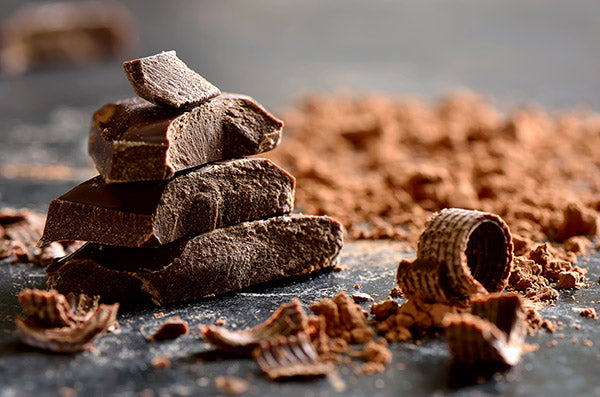Sometimes in the skincare industry, we toss around the term “free radicals” as though it’s part of everyone’s everyday vocabulary. Free radicals impact everyone. While you don’t need to know everything about them, a better understanding of what they are, what they do, and how you can protect yourself from them is vital to more than just your skin health.
What are free radicals, and what do they do to your skin?
Let’s get technical for a minute. Free radicals are atoms with an unpaired electron in their outer shell. They’re a byproduct of your body’s natural metabolism, a process called oxidation. Free radicals are also created by exposure to environmental toxins, like:
- UV light from the sun
- Tobacco smoke
- Asbestos
- Vinyl chloride
- Air pollution
- Medical radiation
- Some viruses
Remember that unpaired electron? It desperately wants to bind to another electron and goes on the hunt, trying to steal electrons from other molecules. That’s how they damage lipids, proteins, and DNA, among other parts of human cells. Free radicals only exist for a fraction of a second, but that’s enough time to damage cells and contribute to a number of conditions, including cancer, by damaging the body’s natural cancer-fighting proteins and genes.
Antioxidants are the counterpart to the oxidative stress caused by free radicals. Antioxidants neutralize free radicals before they can do their damage. Not only do antioxidants protect you from free radicals, but they can also reduce pigment overproduction, aka age spots.
Antioxidants naturally occur in many of the foods we eat. You can also give yourself a dose of antioxidants with the skincare products you use. They’re often included in anti-aging products to treat wrinkles and reduce uneven skin tone.
How to Protect Your Skin From Free Radicals
Eat a Wide Variety of Fruits and Vegetables

Colorful fruits and vegetables often contain free-radical fighting antioxidants. Some of the best sources include:
- Blueberries
- Strawberries
- Blackberries
- Red cabbage
- Kale
- Spinach
- Beets
- Artichokes
However, fruits and vegetables aren’t your only source of antioxidants. Beans, as a group, often contain high amounts of antioxidants, too. Pinto beans, for example, contain kaempferol, an antioxidant known for reducing cancer growth and inflammation.
Pecans and dark chocolate are two other sources of antioxidants worth including in your diet. The latter’s antioxidants have been linked to lower levels of LDL cholesterol, the bad type of cholesterol.
Wear Sunscreen

The sun’s UV rays are a major source of oxidative stress. Physical sunscreens, those that have ingredients that block UV rays from entering the skin rather than chemical sunscreens that absorb the sun’s rays, can prevent free radicals from damaging the skin.
SkinResourceMD’s Essential Solar Protector creates a physical barrier between your skin and harmful rays and is reef (and human) safe. We also offer a Hyaluronic Facial Solar Protector that acts as a moisturizing, wrinkle-preventing, and sun-protecting layer for your skin.
Use Skincare Products with Antioxidants
A daily moisturizer like our Oil Free Antioxidant Facial Moisturizer gives your skin extra antioxidants from the outside in. This formula contains antioxidant-heavy green tea and coffee berry extracts. It also contains ingredients that stimulate elastin and collagen to reduce the appearance of fine lines and wrinkles.
For an even heavier dose of topical antioxidants, try an antioxidant serum like our Total Antioxidant — Vitamin C Facial Serum. Vitamin C is a powerful nutrient used by the body to form collagen, muscle, cartilage, and blood vessels.
It’s also an antioxidant powerhouse that protects you against natural and environmental free radicals. Our delicious smelling serum has a light citrus scent and sinks into the skin for an additional nourishing layer that’s perfect for under your foundation or as an extra layer over your daily moisturizer.
Mix and Match Your Diet and Products

Different foods and skincare products contain different antioxidants. Your body can use and needs all of them. Try to eat a wide variety of fruits and vegetables to provide your body with any array of nutrients.
Apply your antioxidant skincare products in the morning and before bed. You’re not usually exposed to many free radicals while you sleep. However, a morning application of sunscreen and moisturizer protects the skin from the day’s coming exposure.
Damage from free radicals can continue for several hours after exposure. That makes your nighttime application of antioxidant products a crucial protective measure.
Final Thoughts
You can’t avoid all free radical exposure. They’re a part of your body’s natural metabolic processes. However, you can eat a diet and use products that reduce damage and protect you from environmental free radicals. So, eat healthily and develop a regular skincare regime that protects your skin from daily damage.


